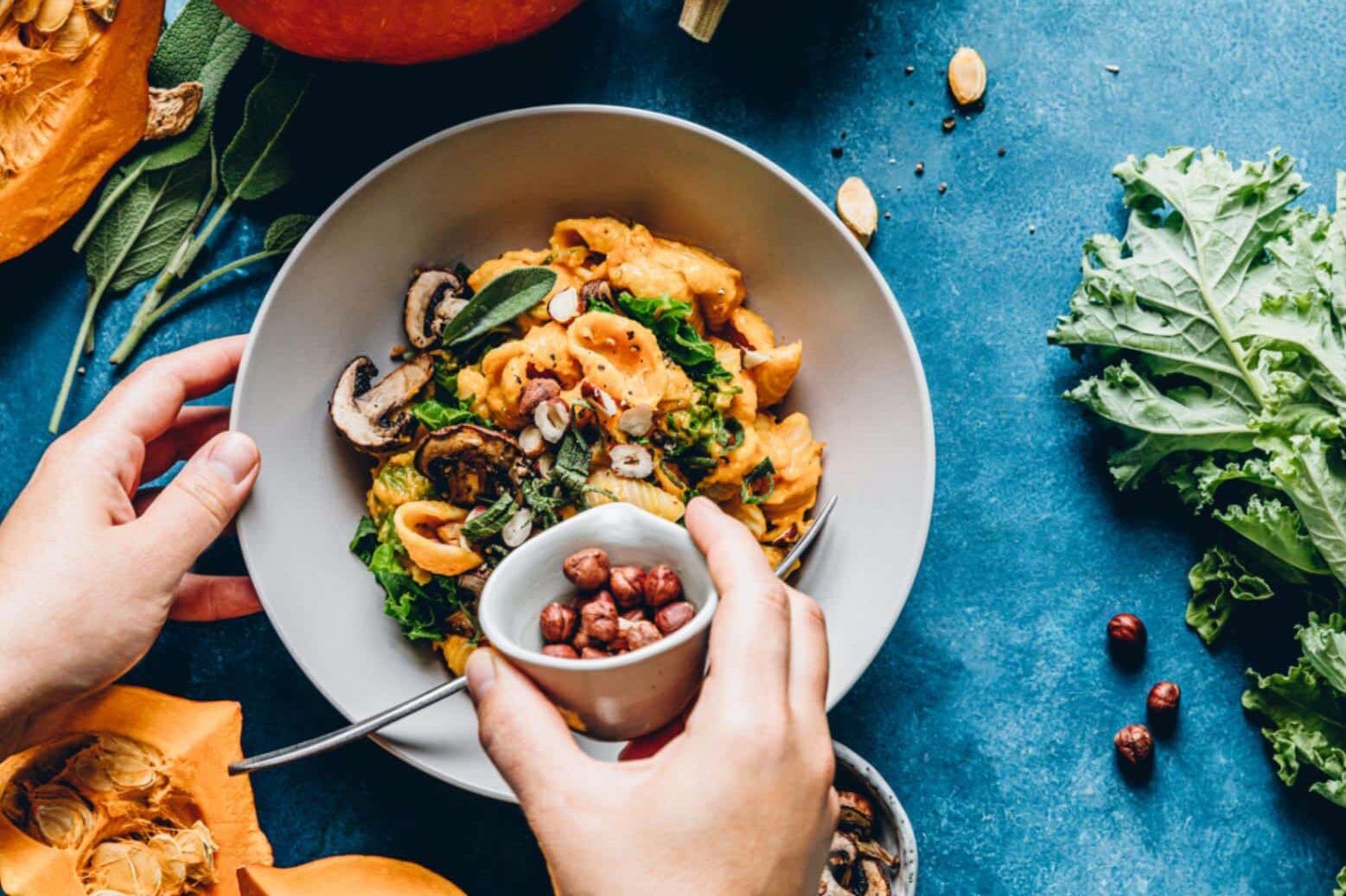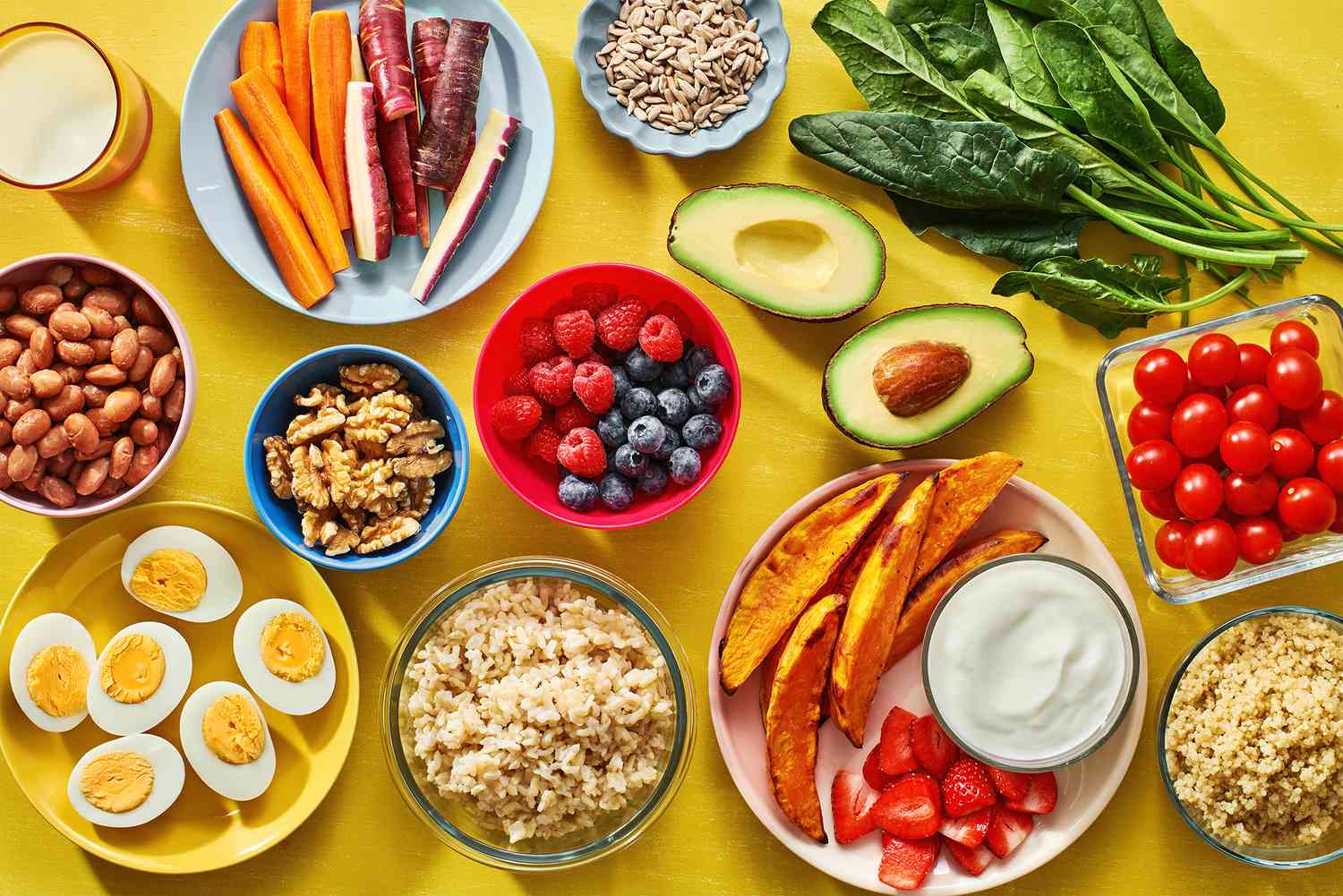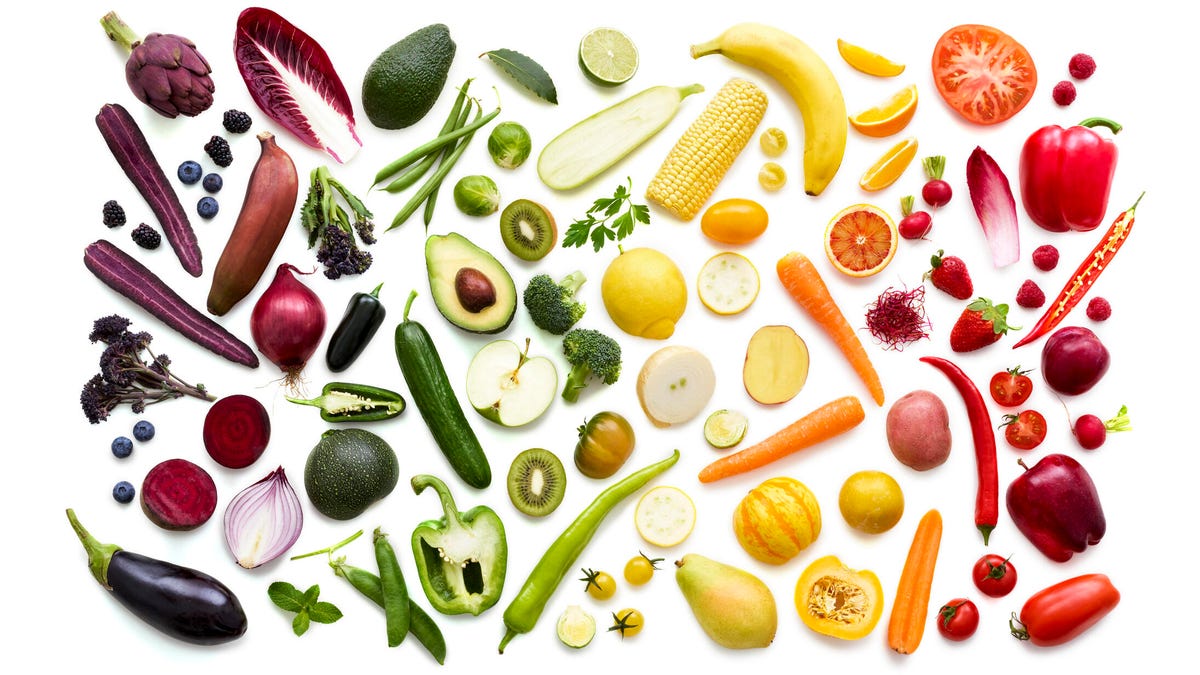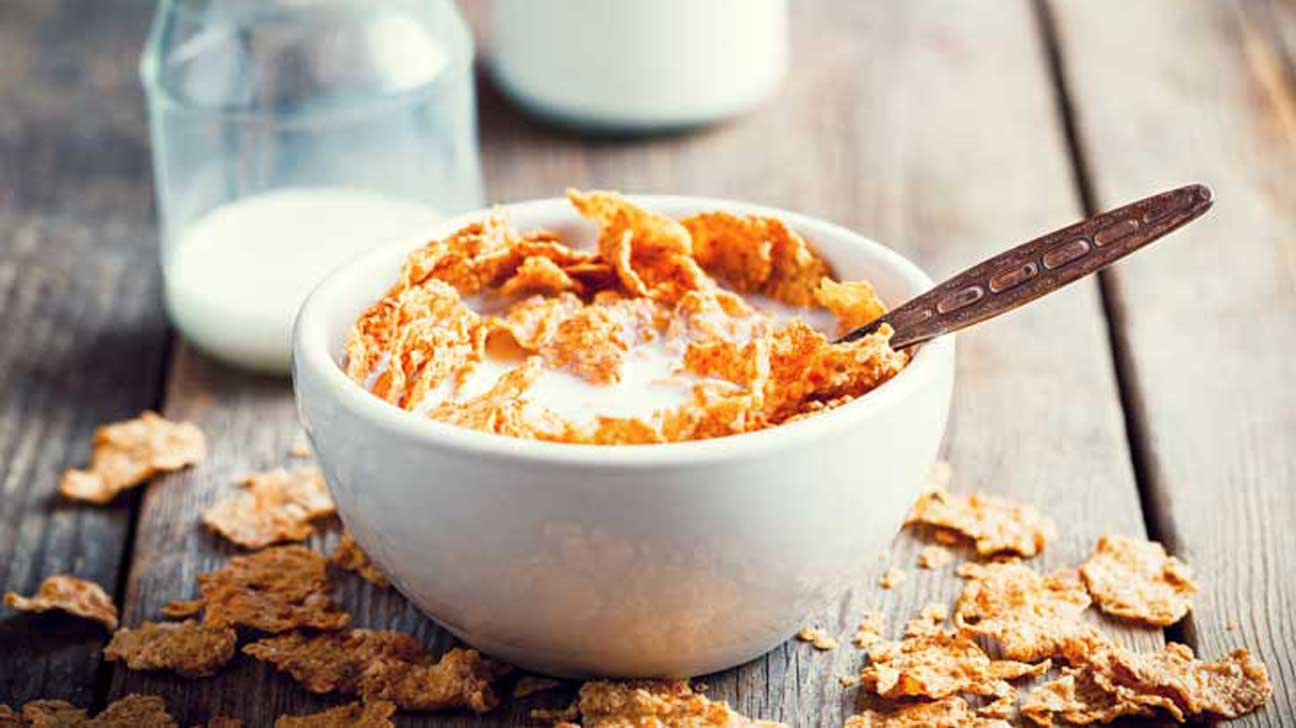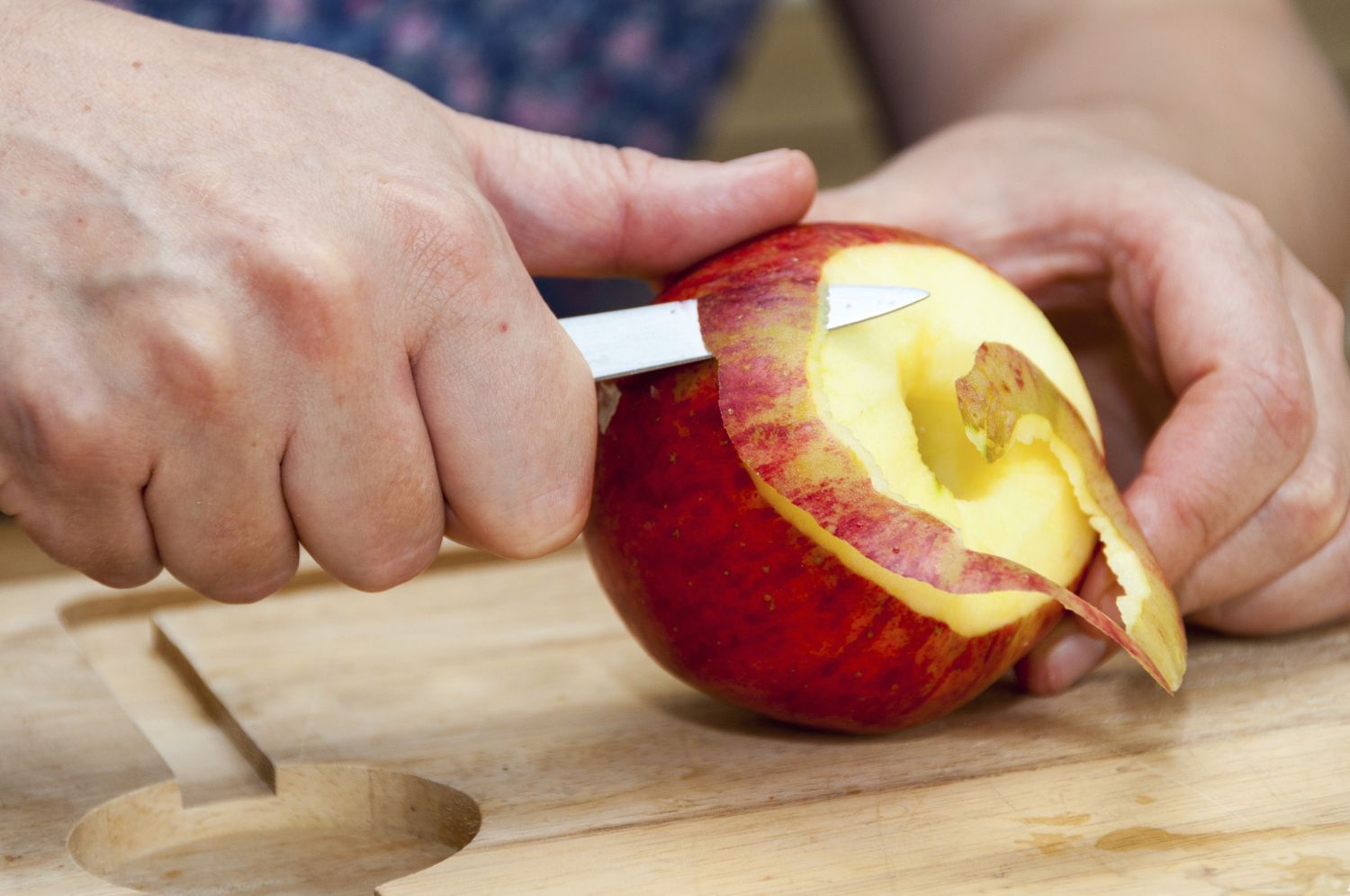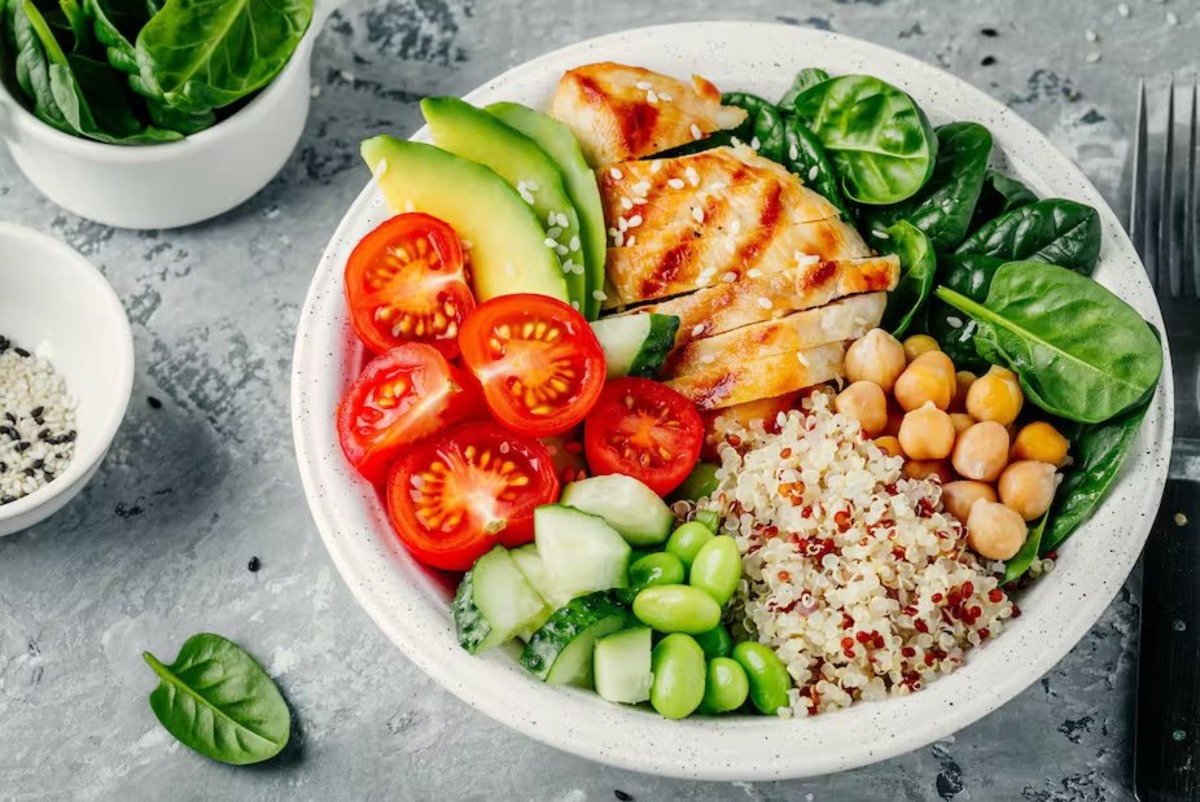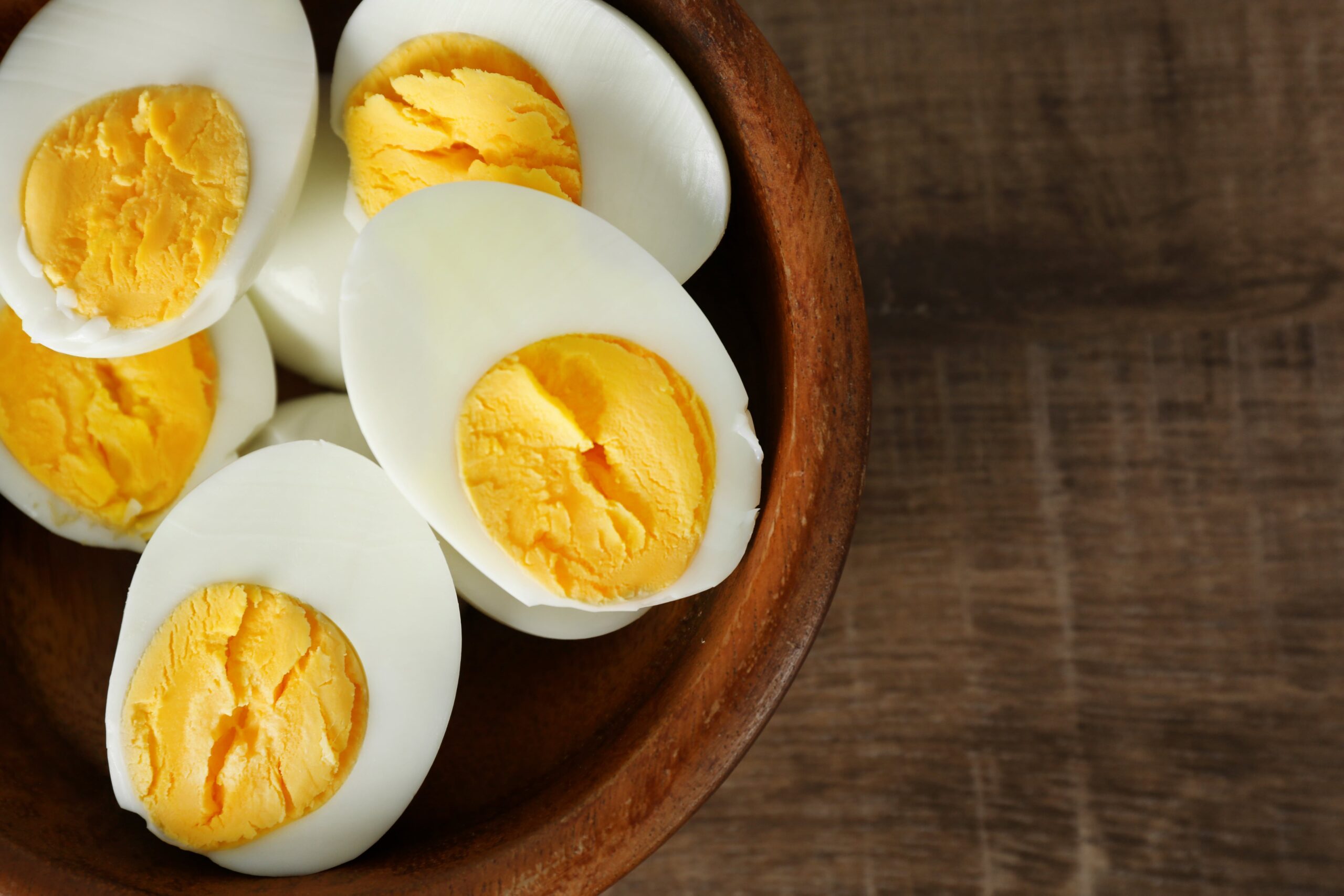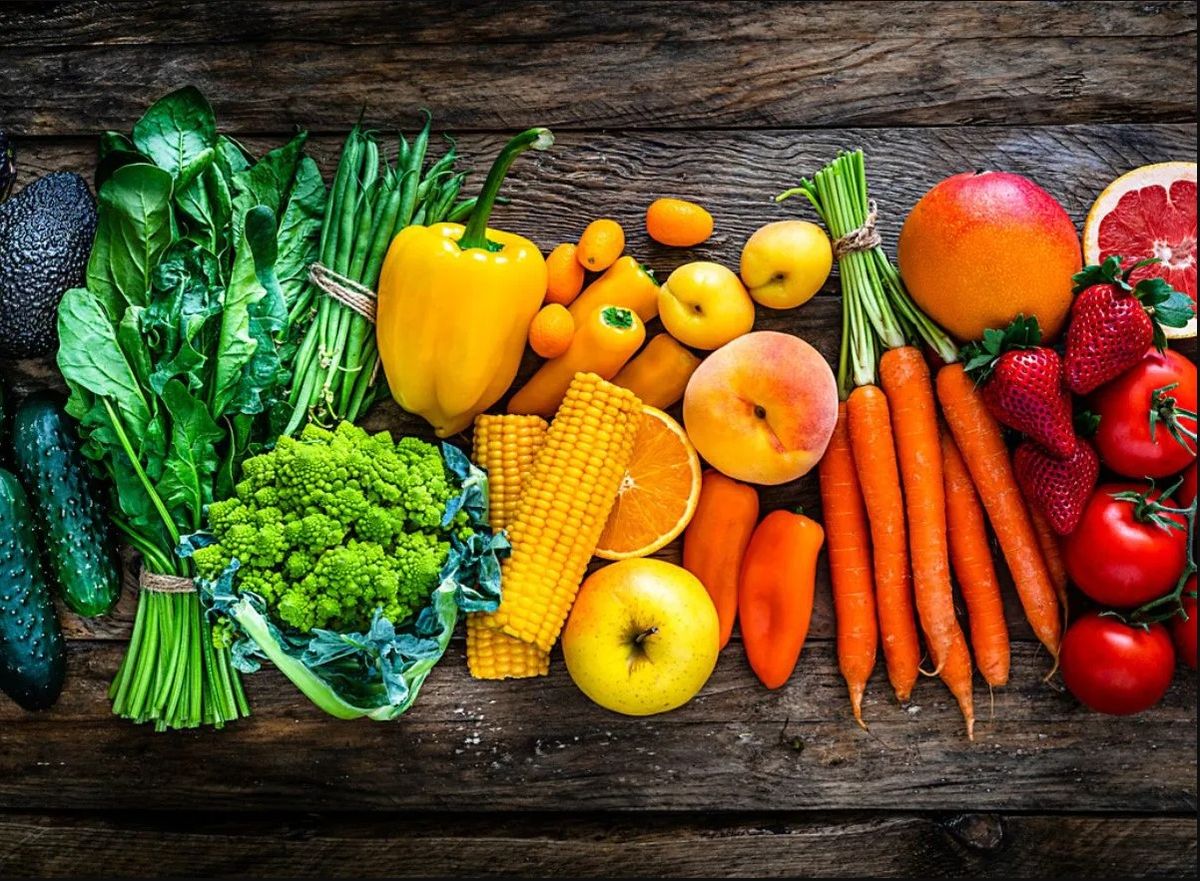Boost Your Health with Vitamins and Minerals
Ensuring that you get enough vitamins and minerals is essential for maintaining good health. These nutrients play a crucial role in various bodily functions, from supporting the immune system to promoting healthy skin and hair. However, many people struggle to consume an adequate amount of vitamins and minerals through their diet alone. If you’re looking to improve your nutrient intake, here are some simple and effective tips to help you eat more vitamins and minerals.
1. Eat a Variety of Fruits and Vegetables
Fruits and vegetables are rich sources of essential vitamins and minerals. Aim to include a colorful array of produce in your diet to ensure that you’re getting a wide range of nutrients. For example, leafy greens like spinach and kale are packed with vitamin K, while citrus fruits provide a hefty dose of vitamin C. By incorporating a diverse selection of fruits and vegetables into your meals, you can easily boost your nutrient intake.
2. Choose Whole Grains
Whole grains, such as brown rice, quinoa, and oats, are not only rich in fiber but also contain various vitamins and minerals, including B vitamins, iron, and magnesium. When shopping for bread, pasta, and cereal, opt for whole grain varieties to maximize your nutrient consumption.
3. Include Lean Protein Sources
Lean protein sources like chicken, fish, and legumes are not only important for muscle health but also provide essential nutrients such as iron, zinc, and B vitamins. Incorporating these foods into your diet can help ensure that you’re meeting your daily requirements for these vital nutrients.
4. Don’t Forget Dairy or Dairy Alternatives
Dairy products and dairy alternatives like fortified plant-based milks are excellent sources of calcium, vitamin D, and other essential nutrients. Whether you prefer cow’s milk, almond milk, or soy milk, incorporating these options into your diet can help you meet your body’s needs for these important vitamins and minerals.
5. Snack on Nuts and Seeds
Nuts and seeds are nutrient powerhouses, containing a wide array of vitamins and minerals, including magnesium, zinc, and vitamin E. Snacking on a handful of nuts or seeds can not only provide a satisfying crunch but also boost your nutrient intake in a convenient and delicious way.
6. Consider Supplements
While it’s best to obtain vitamins and minerals from whole foods, sometimes it can be challenging to meet all of your nutrient needs through diet alone. In such cases, consider taking supplements to fill in the gaps. However, it’s important to consult with a healthcare professional before starting any new supplement regimen to ensure that you’re taking the right products in the appropriate doses.
By incorporating these simple strategies into your daily eating habits, you can easily boost your intake of essential vitamins and minerals, promoting overall health and well-being. Remember, small changes can lead to significant improvements in your nutrient intake, so start implementing these tips today!
